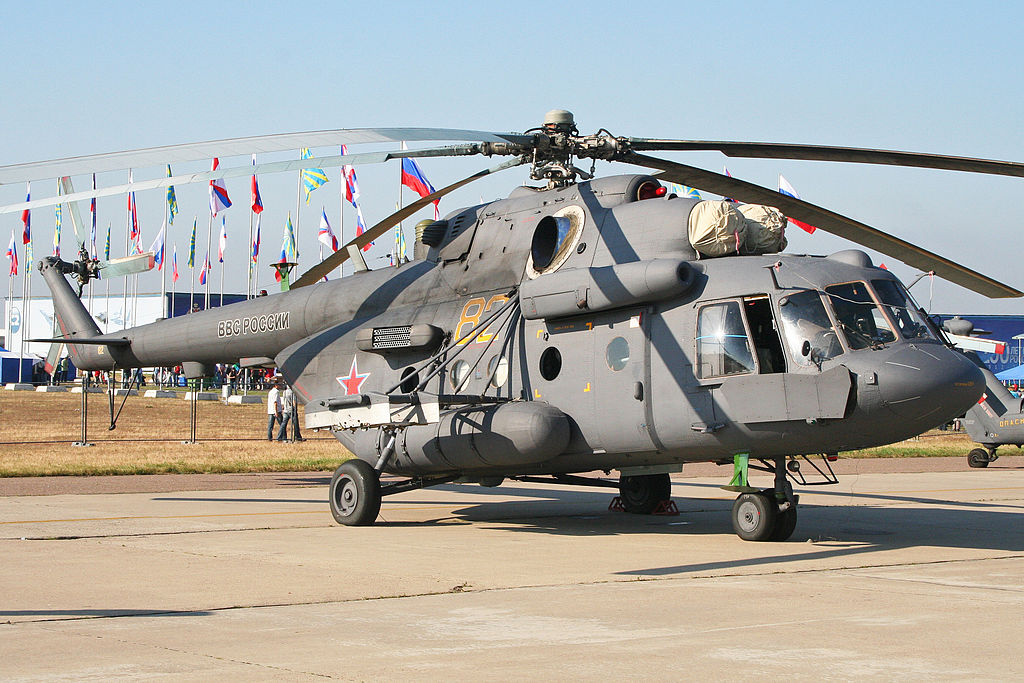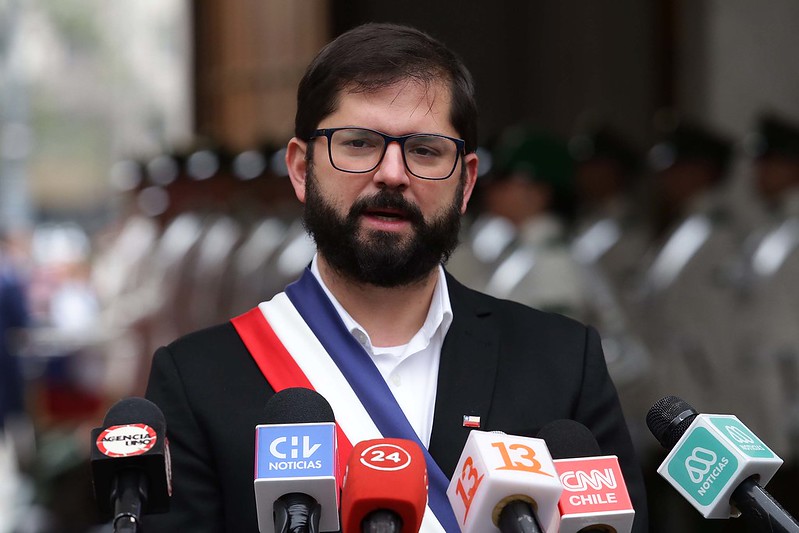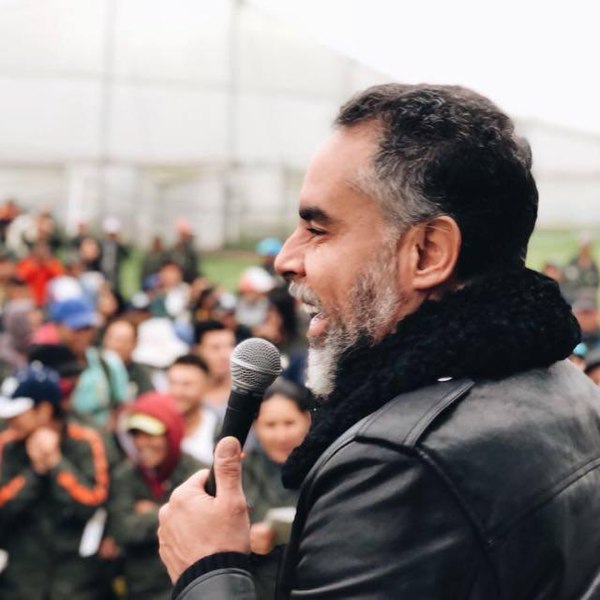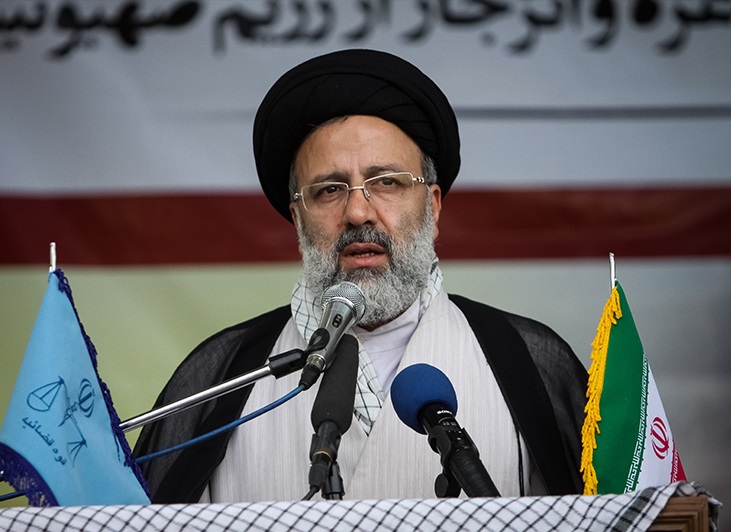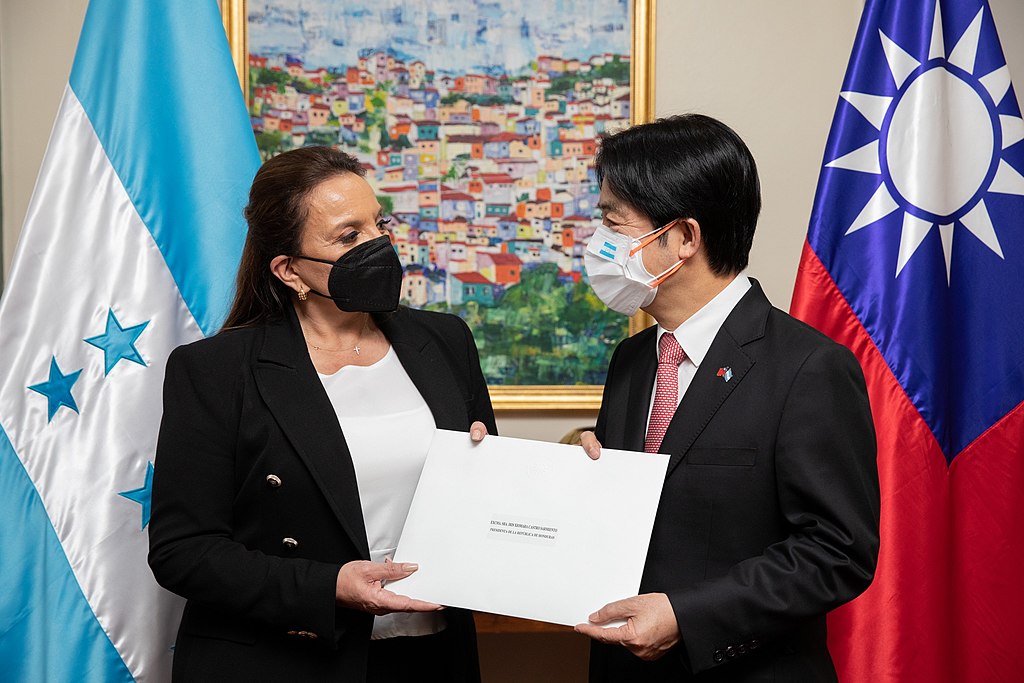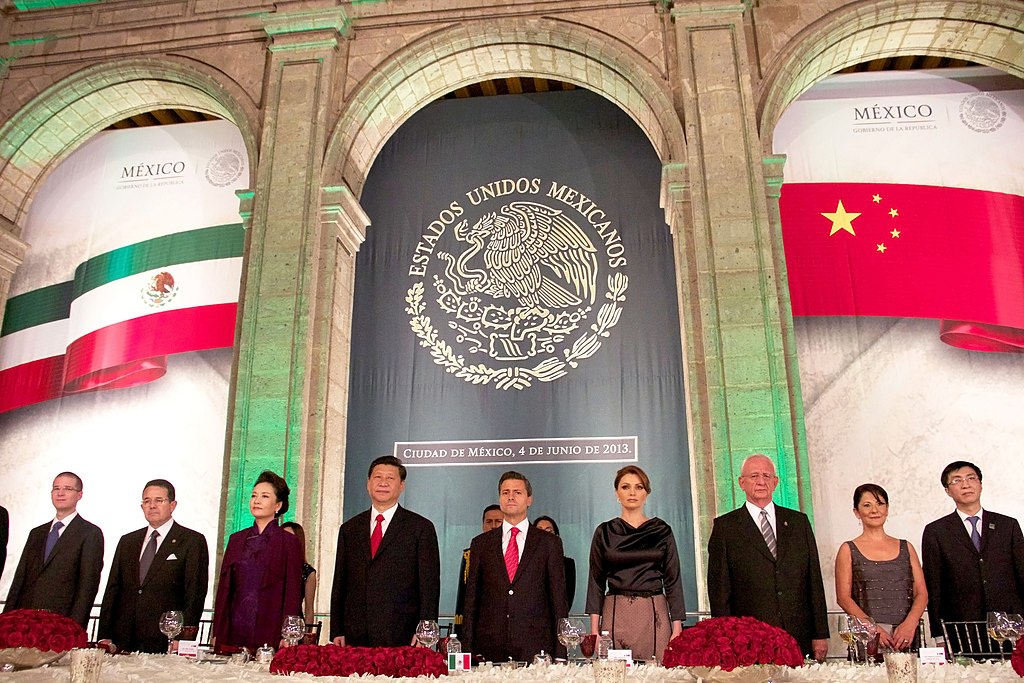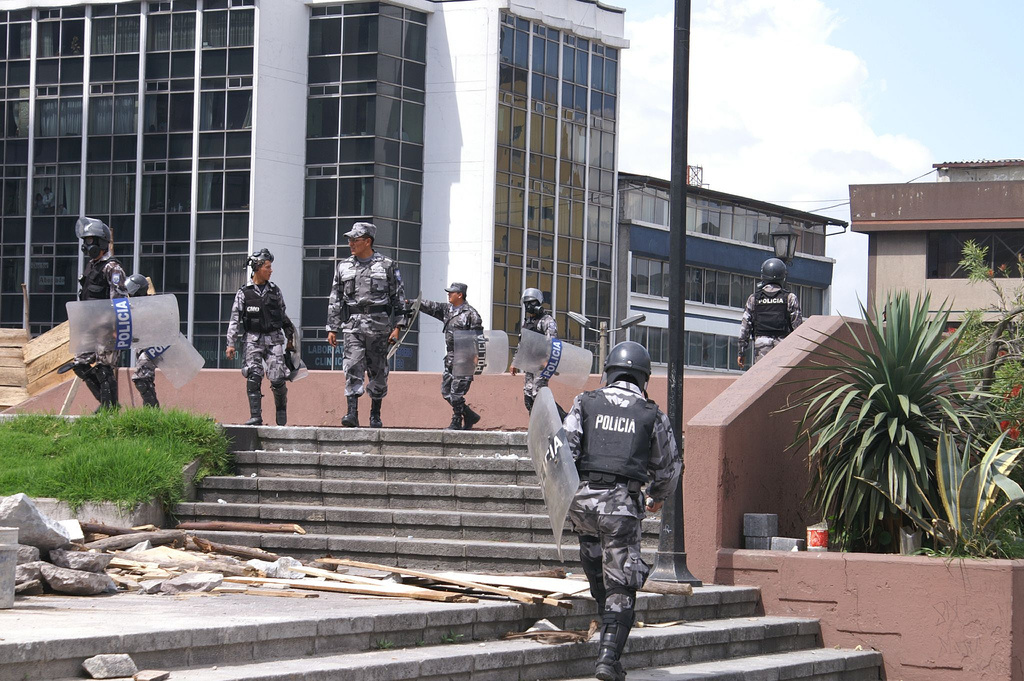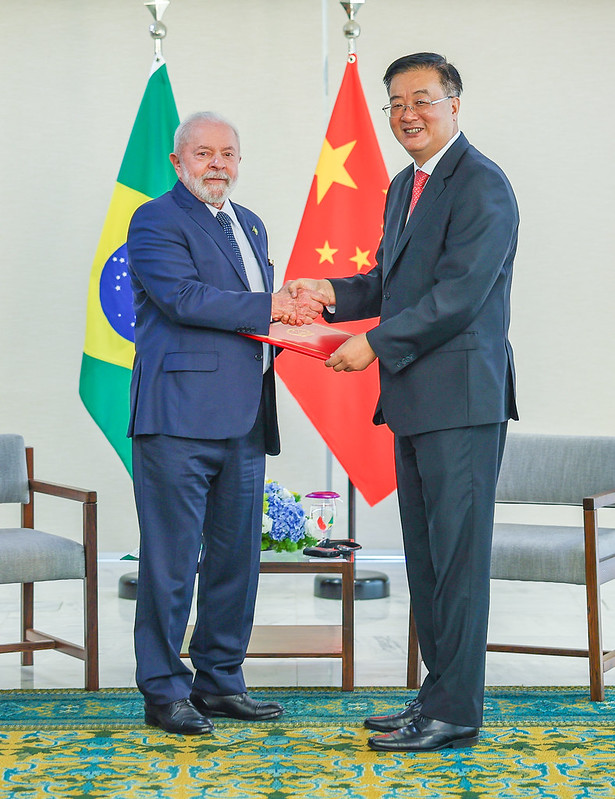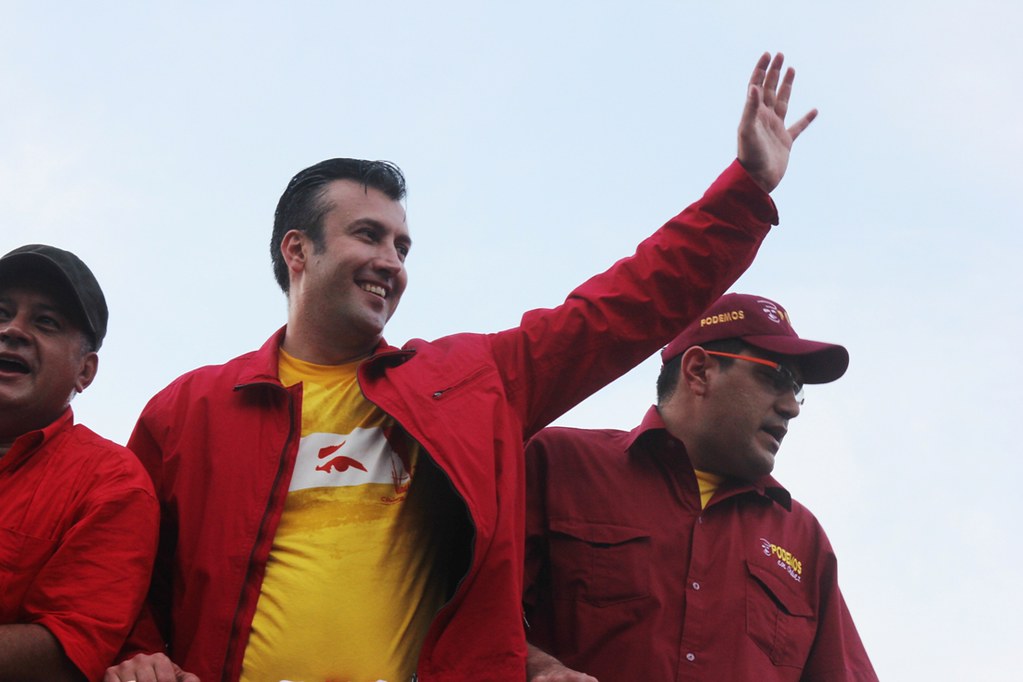
El Aissami campaigns for governor of the state of Aragua. President Maduro recently had him arrested under the auspices of a national anti-corruption campaign.
“The Venezuelan Prosecutor’s Office has announced the arrest of former minister Tareck El Aissami, a politician who until a year and a half ago belonged to Nicolás Maduro’s circle of trust.”
The Maduro government in Venezuela has launched an anti-corruption probe into politically motivated transnational criminal elements within its regime.[i] According to the first excerpted article in the Spanish daily El País, top targets of the probe include Tareck El Aissami, a former vice president and oil minister, as well as his business partners Samark Lopez, former finance minister Simon Zerpa, and others yet to be identified. El Aissami and his associates stand accused of stealing billions via a cryptocurrency payment scheme at the state-owned oil company Petróleos de Venezuela, S.A. (PDVSA). Maduro blames El Aissami and his associates for Venezuela’s moribund economy.
Meanwhile, according to the second excerpted article from the Spanish-language outlet CNN en Español, Maduro organized the extraterritorial assassination of a dissident member of the Venezuelan armed forces, Ronald Ojeda, who was living in Chile. The CNN story quotes the prosecutor in the case, who rules out any other cause of death. Given that Maduro faces a difficult scenario this year, discarding erstwhile allies now considered disloyal, such as El Aissami, appears to be crucial for him to consolidate and maintain his regime’s hold on power in an election year. Formerly, El Aissami was considered one of Maduro’s top allies.[ii] However, as the extraterritorial assassination of Ronald Ojeda shows, the Maduro regime’s criminal links remain strong and capable of operating transnationally within Latin America in service of his regime’s consolidation.
OE Insight Summary:
VEN regime of Nicolas Maduro has undertaken a highly questionable anticorruption campaign that seeks to eliminate challengers to the regime and blame those arrested for its economic woes.
Sources:
“Venezuela detiene al exministro del Petróleo Tareck El Aissami, hasta hace poco un político íntimo de Maduro (Venezuela detains former Oil Minister Tareck El Aissami, until recently an intimate politician of Maduro),” El País (a Spanish daily with excellent regional coverage), 9 April 2024. https://elpais.com/america/2024-04-09/venezuela-detiene-al-exministro-del-petroleo-tareck-el-aissami-hasta-hace-poco-un-politico-intimo-de-maduro.html
The Venezuelan Prosecutor’s Office has announced the arrest of former minister Tareck El Aissami, a politician who until a year and a half ago belonged to Nicolás Maduro’s circle of trust. El Aissami was in legal limbo since a mega corruption scheme was uncovered that affected PDVSA, the state oil company that he managed as minister. There is talk of embezzlement in the realm of 21 billion dollars.
“Caso Ronald Ojeda: fiscal de Chile dice que el crimen se ‘organizó y se solicitó’ desde Venezuela (Ronald Ojeda case: Chilean prosecutor says the crime was ‘organized and requested’ from Venezuela),” CNN en Español (the Spanish-language version of the Atlanta-based outlet), 12 April 2024. https://cnnespanol.cnn.com/2024/04/12/caso-ronald-ojeda-chile-venezuela-orix/
Héctor Barros, prosecutor in charge of the case investigating the murder of former Venezuelan military officer Ronald Ojeda in Chile, stated in an interview with Chilevisión broadcast…that, according to the investigations, the crime ‘was organized and requested from Venezuela.’ Asked by the Chilevisión journalist about the possibility that the motive for the crime was political, Barros said that he has ‘no precedents that point us in the other direction.’
Notes:
[i] For more information on the criminal nature of the Maduro regime, see: Moises Rendon and Mia Kazman, “Maduro’s Mafia State,” Center for Strategic and International Studies, 31 October 2018. https://www.csis.org/analysis/maduros-mafia-state
[ii] The Organized Crime and Corruption Reporting Project has an excellent profile of El Aissami and his importance to the Maduro regime: “Former Venezuelan Oil Minister and Vice President Arrested for Corruption,” OCCRP, 11 April 2024. https://www.occrp.org/en/daily/18646-former-venezuelan-oil-minister-and-vice-president-arrested-for-corruption
Image Information:
Image: El Aissami campaigns for governor of the state of Aragua. President Maduro recently had him arrested under the auspices of a national anti-corruption campaign.
Source: https://www.flickr.com/photos/tareckpsuv/8139341461/
Attribution: CC BY-NC 2.0 DEED.

